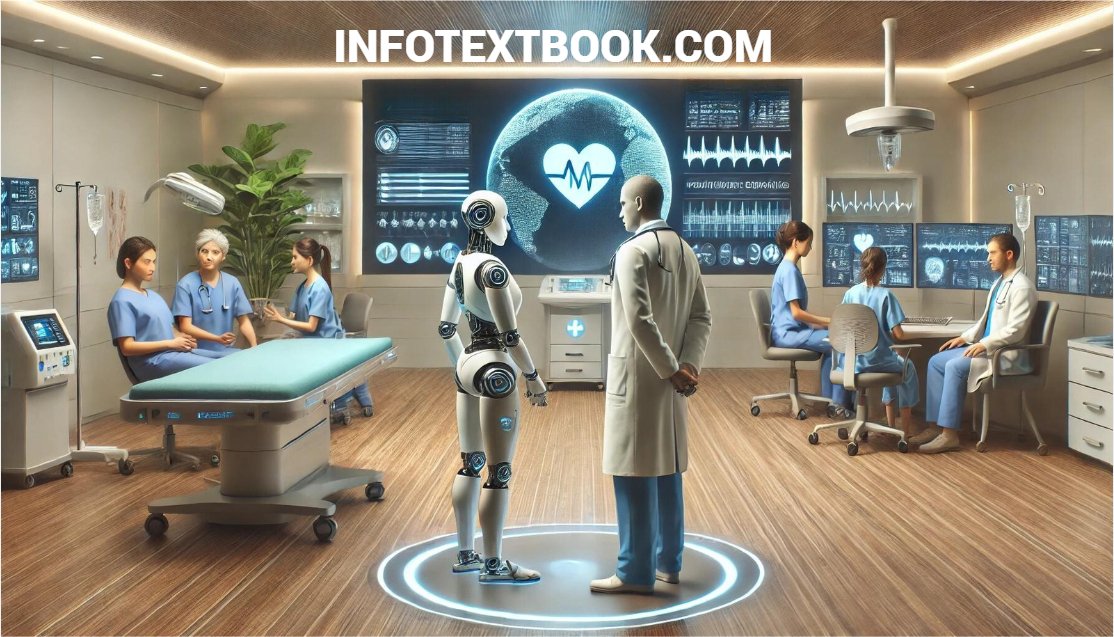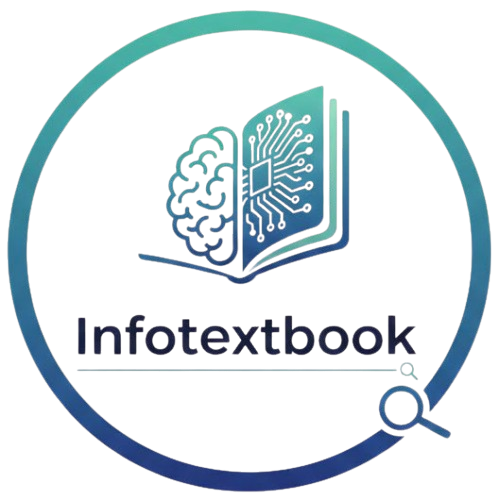Table of Contents
ToggleTop AI Tools for Biomedical Research: Transforming Healthcare & Innovation in 2025
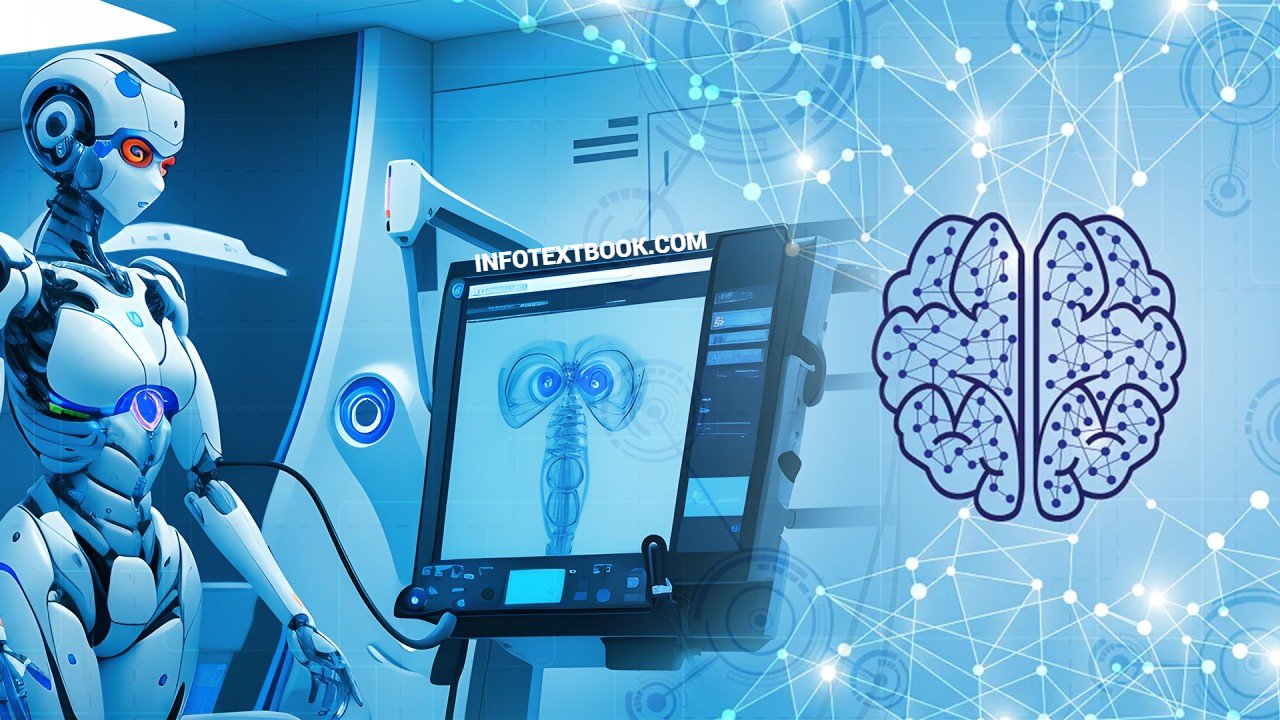
Introduction
The rise of artificial intelligence (AI) has significantly reshaped industries worldwide, and biomedical research is one of its biggest beneficiaries. From analyzing complex biological data to predicting treatment outcomes, AI Tools for Biomedical research are accelerating discoveries, improving accuracy, and driving innovation. In 2025, these tools are becoming essential for healthcare professionals, researchers, and pharmaceutical companies aiming to solve complex challenges in medicine and life sciences.
Why AI Tools are Essential in Biomedical Research
Biomedical research generates vast amounts of data from DNA sequences to medical images that are too complex for traditional methods. AI provides the computational power and machine learning algorithms needed to analyze this data quickly and accurately. Leveraging AI Tools for Biomedical applications helps reduce research timelines, improve diagnostics, and support personalized treatment strategies.
Key Applications of AI Tools for Biomedical Research
Genomics & Proteomics
AI algorithms can analyze genetic sequences to identify mutations, disease markers, and protein structures. This accelerates the understanding of genetic disorders and supports new therapeutic discoveries.
Drug Discovery
Traditional drug development takes years. AI models predict molecular interactions, screen drug candidates, and reduce time-to-market, making drug discovery faster and more cost-effective.
Medical Imaging
AI-powered imaging tools assist in detecting tumors, brain disorders, and cardiovascular conditions with higher precision. By integrating deep learning, medical imaging now enables earlier and more reliable diagnoses.
Personalized Medicine
AI helps tailor treatments based on a patient’s genetic makeup, lifestyle, and medical history. This approach ensures more effective therapies with fewer side effects.
Predictive Analytics
Machine learning models forecast disease outbreaks, patient outcomes, and treatment responses, enabling preventive healthcare and better clinical decisions.
Benefits of AI Tools for Biomedical Advancements
Accelerated drug development and testing
Improved diagnostic accuracy in clinical practice
Cost reduction in large-scale biomedical research projects
Enhanced ability to personalize treatments
Better insights into complex biological systems
By using AI Tools for Biomedical applications, researchers can transform the way healthcare is delivered, moving towards precision medicine and faster scientific breakthroughs.
Challenges & Future of AI in Biomedical Science
Despite rapid progress, challenges remain, including data privacy, integration of AI models into existing healthcare systems, and the need for regulatory frameworks. However, the future looks promising as AI continues to evolve with generative models, quantum computing integration, and stronger collaborations between technology and medical experts.
Introduction
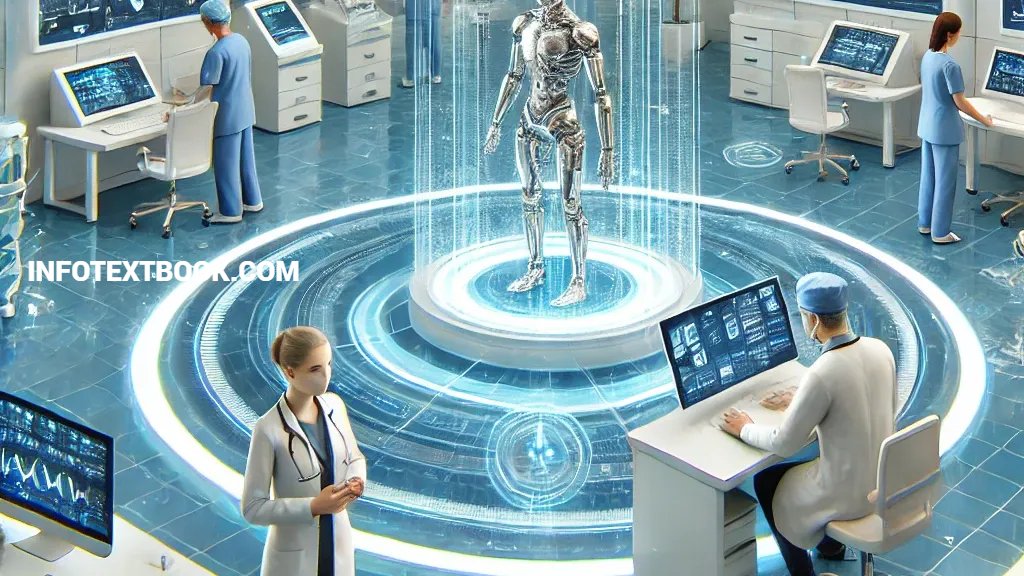
Introduction
Biomedical research is at the forefront of scientific innovation, driving progress in healthcare, diagnostics, and treatment development. As the volume and complexity of biomedical data continue to grow, researchers face increasing challenges in analyzing, interpreting, and applying this information effectively. Traditional methods, while valuable, are often too slow and limited to manage the scale of modern biomedical research. This is where artificial intelligence (AI) plays a transformative role, offering powerful solutions through advanced computational models and learning algorithms.
In recent years, the integration of AI Tools for Biomedical research has accelerated breakthroughs across multiple domains, from genomics and proteomics to medical imaging and drug discovery. These tools enable scientists to process vast datasets, uncover hidden patterns, and generate predictive models that would be impossible with conventional approaches. For instance, AI-driven algorithms can analyze millions of DNA sequences in a fraction of the time it would take human experts, identifying mutations and correlations linked to specific diseases. Similarly, deep learning models in imaging are improving the accuracy of cancer detection and neurological disorder diagnosis.
Another critical advantage of AI Tools for Biomedical applications is their ability to support precision medicine. By combining patient-specific genetic data, medical histories, and lifestyle factors, AI can help tailor treatments that are more effective and less prone to adverse side effects. This personalized approach marks a shift from a one-size-fits-all healthcare model to a data-driven, patient-centric system. Pharmaceutical companies are also leveraging AI to streamline drug discovery, dramatically reducing the time and cost of bringing new therapies to market.
Looking ahead to 2025 and beyond, the adoption of AI Tools for Biomedical research will continue to expand. Emerging innovations, such as generative AI and quantum-enhanced machine learning, promise even greater capabilities for simulating biological systems and predicting treatment outcomes with unprecedented accuracy. While challenges such as data privacy, ethical considerations, and regulatory frameworks must still be addressed, the trajectory of AI in biomedical science is undeniably positive.
In essence, artificial intelligence is no longer a supporting tool but a central driver of biomedical progress. By embracing AI-powered solutions, researchers and healthcare providers are better equipped to unlock the mysteries of human biology, combat complex diseases, and pave the way for a healthier, more innovative future.
Why AI Tools are Essential in Biomedical Research
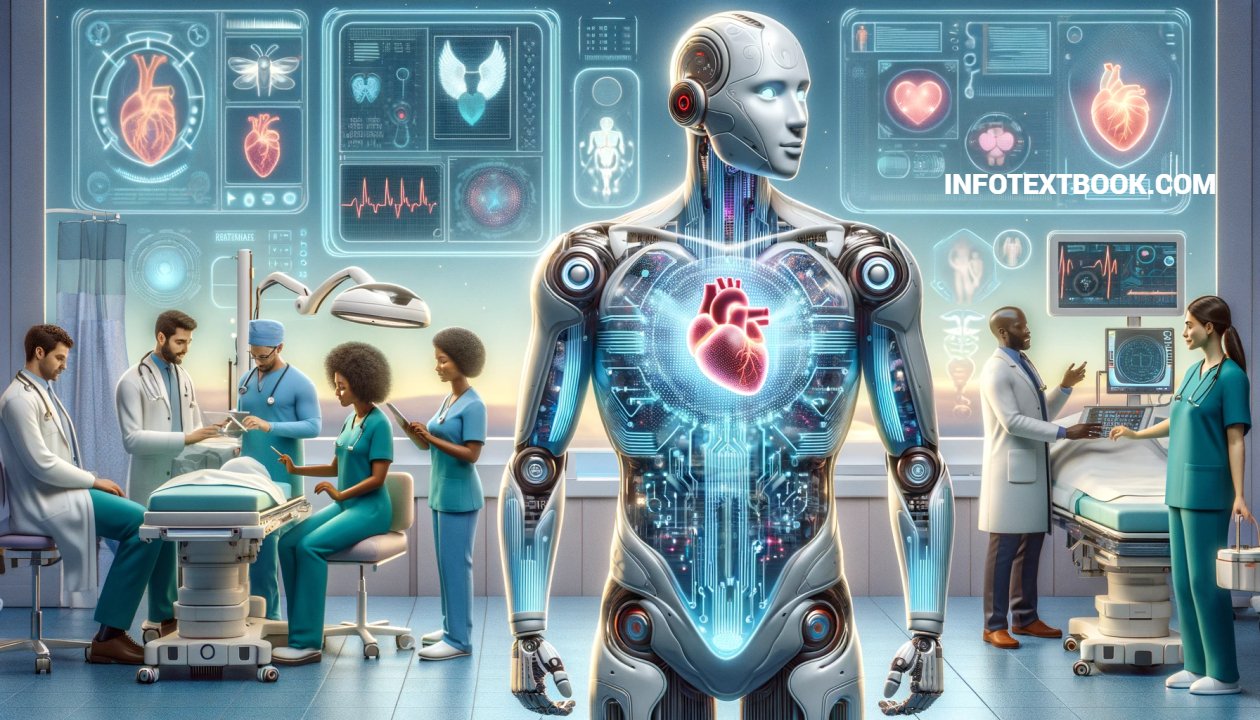
Why AI Tools are Essential in Biomedical Research
Biomedical research lies at the heart of medical advancements, providing insights into disease mechanisms, new therapies, and preventive strategies. However, this field generates vast volumes of highly complex data—from genetic sequences and protein structures to clinical trial outcomes and medical imaging scans. Traditional analytical methods often struggle to keep pace with this exponential growth in information. This is where artificial intelligence has emerged as a game-changer.
AI Tools for Biomedical research are essential because they can process, analyze, and interpret large datasets with unmatched speed and precision. For example, machine learning algorithms can scan millions of genetic sequences to identify mutations linked to rare diseases, while deep learning models can detect subtle patterns in MRI or CT scans that may escape even the most skilled radiologists. This accelerates diagnosis and treatment, ensuring patients benefit from timely and accurate medical care.
Another critical advantage of AI in biomedical research is its role in drug discovery and development. Traditionally, creating a new drug takes over a decade and costs billions of dollars. By using predictive modeling, AI can evaluate the potential effectiveness and safety of compounds much faster, drastically reducing time-to-market for life-saving medicines.
Moreover, AI Tools for Biomedical innovation are making personalized medicine a reality. By combining data from genomics, patient history, and lifestyle factors, AI can help design tailored treatment plans that maximize effectiveness while minimizing side effects. This approach is particularly transformative for chronic conditions such as cancer, cardiovascular diseases, and diabetes.
Finally, the predictive power of AI allows researchers and healthcare systems to anticipate future health challenges. From forecasting disease outbreaks to predicting treatment responses, AI-driven insights enable better preparedness and proactive interventions.
In summary, AI Tools for Biomedical research are not just useful they are indispensable. They empower scientists and healthcare providers to uncover patterns, speed up innovation, and improve patient outcomes. As biomedical science continues to advance, AI will remain a vital partner in pushing the boundaries of knowledge and transforming healthcare worldwide.
Key Applications of AI Tools for Biomedical Research
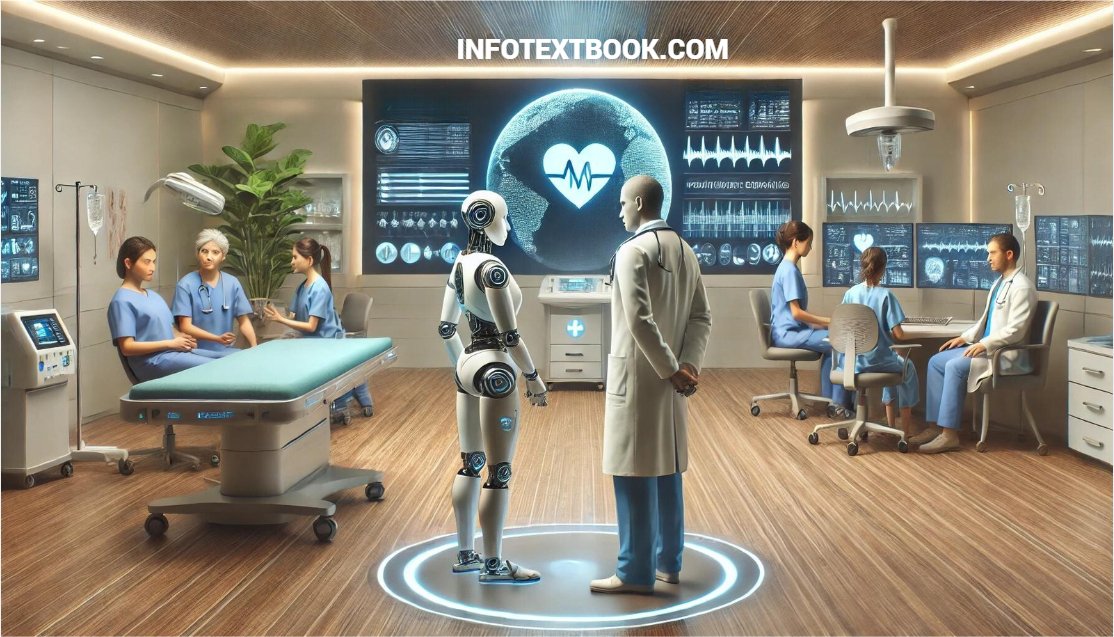
Key Applications of AI Tools for Biomedical Research
Artificial Intelligence is playing a transformative role in modern biomedical research. By combining advanced algorithms with massive datasets, AI is enabling discoveries that were once thought impossible. The integration of AI Tools for Biomedical research is helping scientists speed up processes, reduce errors, and uncover patterns in complex biological systems. Below are the major applications where AI is making a profound impact.
Genomics and Proteomics
AI is accelerating the study of genes and proteins by analyzing massive genomic datasets. Machine learning models can identify disease-causing mutations, predict protein folding, and assist in personalized treatment approaches. These breakthroughs are helping researchers understand genetic disorders and create targeted therapies.
Drug Discovery and Development
Traditional drug discovery is a time-consuming and expensive process. With AI-powered simulations and predictive analytics, scientists can identify potential drug candidates much faster. AI models can screen millions of compounds, forecast molecular interactions, and even repurpose existing drugs for new treatments. This application alone has revolutionized pharmaceutical research.
Medical Imaging and Diagnostics
AI is highly effective in analyzing biomedical images such as MRIs, CT scans, and X-rays. Deep learning algorithms detect abnormalities like tumors, neurological disorders, and cardiovascular issues with greater accuracy than conventional methods. These diagnostic improvements lead to earlier detection, better patient outcomes, and reduced healthcare costs.
Personalized Medicine
One of the most promising applications of AI Tools for Biomedical research is personalized medicine. AI integrates patient data, including genetic profiles, medical history, and lifestyle, to recommend individualized treatment plans. This approach minimizes side effects and increases the effectiveness of therapies.
Predictive Analytics and Public Health
AI models are also being applied to predict disease outbreaks, patient survival rates, and responses to specific treatments. By analyzing real-time biomedical data, researchers and healthcare providers can make informed decisions that improve public health strategies.
Robotics and Automation in Labs
AI driven robotics assist in lab experiments by automating repetitive tasks such as sample analysis, data entry, and experiment tracking. This not only saves time but also reduces the margin for human error, ensuring more accurate research outcomes.
In summary, the adoption of AI Tools for Biomedical research has opened new avenues in genomics, imaging, drug development, and personalized care. As AI continues to evolve, its applications will only expand, offering limitless possibilities in transforming healthcare and life sciences.
Benefits of AI Tools for Biomedical Advancements
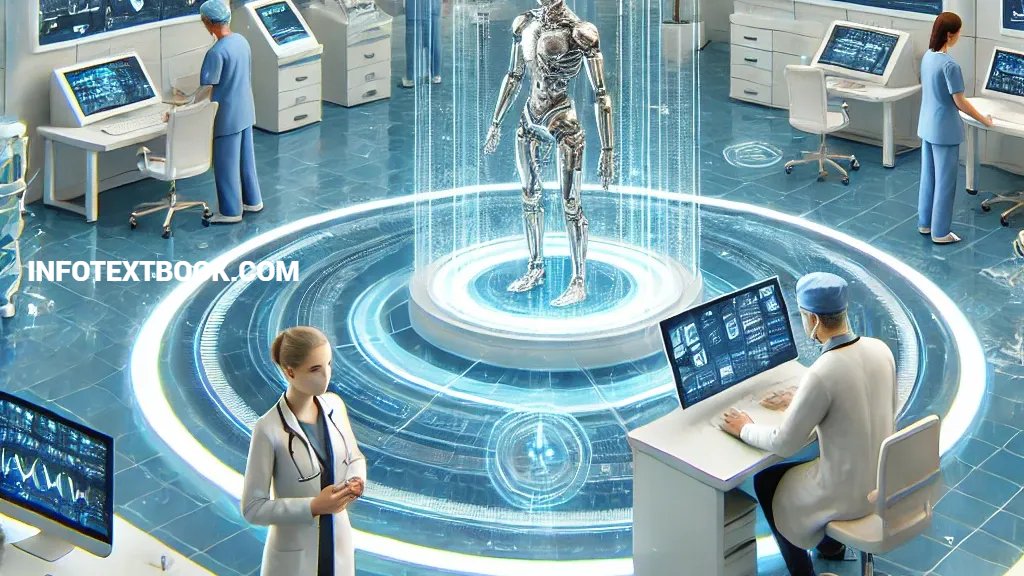
Benefits of AI Tools for Biomedical Advancements
The integration of artificial intelligence into biomedical research has created transformative opportunities that are reshaping healthcare, life sciences, and pharmaceutical industries. By analyzing complex data at scale, AI is enabling faster discoveries, more accurate predictions, and cost-efficient solutions that traditional methods cannot achieve. The benefits of AI Tools for Biomedical research span across multiple areas, from drug development to patient care, creating a powerful foundation for innovation.
One of the most significant advantages is accelerated drug discovery and development. Traditional drug research can take over a decade and billions of dollars, but AI drastically reduces these timelines by predicting molecular interactions, screening potential compounds, and identifying candidates with the highest likelihood of success. This not only saves time and costs but also allows researchers to bring life-saving treatments to patients much faster.
Another key benefit is the enhancement of medical imaging and diagnostics. AI models can analyze scans such as MRIs, CT images, and X-rays with remarkable precision. This helps radiologists detect diseases at earlier stages, improving patient outcomes through timely interventions. In addition, AI reduces the risk of human error, ensuring higher reliability in diagnostic processes.
AI also plays a crucial role in personalized medicine, tailoring treatments to an individual’s genetic profile, medical history, and lifestyle. This ensures therapies are more effective while minimizing side effects. By leveraging patient-specific data, doctors can recommend the right drugs, dosages, and interventions that align with each unique case.
In the area of predictive healthcare, AI algorithms forecast disease outbreaks, monitor patient recovery, and predict potential complications. These insights enable healthcare providers to intervene proactively, reducing hospitalization rates and improving overall efficiency in medical systems.
Moreover, AI contributes to cost efficiency and scalability. Research institutions and healthcare organizations can handle larger datasets with fewer resources, allowing breakthroughs in areas like genomics, proteomics, and biomedical engineering.
Ultimately, the widespread adoption of AI Tools for Biomedical research ensures that discoveries are made faster, treatments become more effective, and healthcare delivery grows more precise and accessible. These benefits position AI not as a support tool but as a cornerstone for future biomedical advancements, leading us toward a smarter and healthier world.
Challenges & Future of AI in Biomedical Science
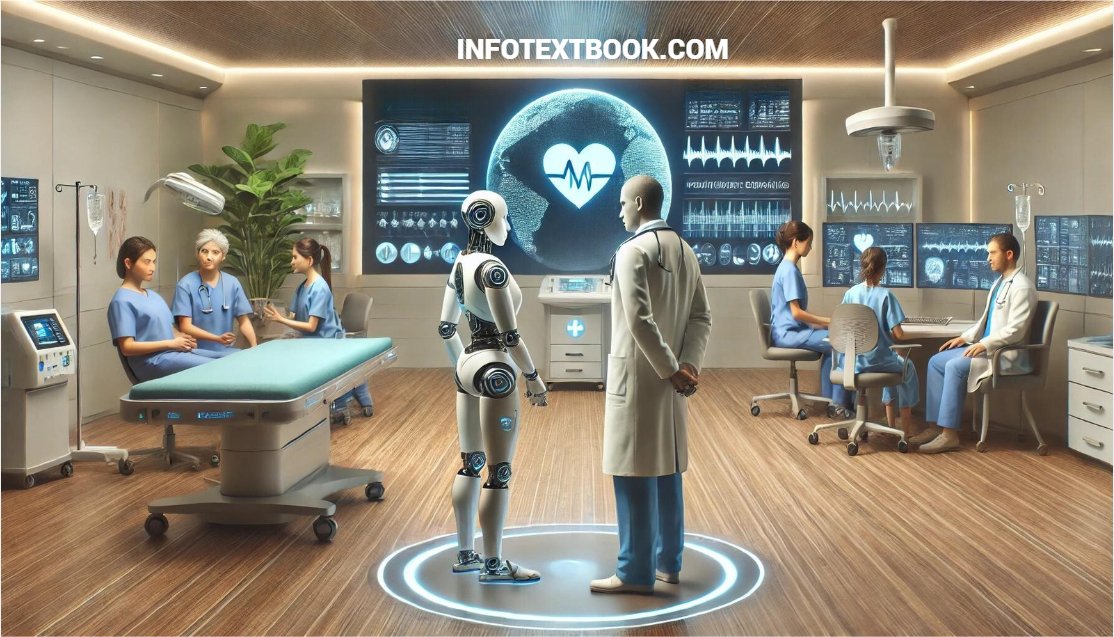
Challenges & Future of AI in Biomedical Science
The adoption of AI in biomedical research has unlocked unprecedented opportunities, but it also comes with a unique set of challenges that must be addressed for sustained growth. One of the primary obstacles is data privacy and security. Biomedical research often involves sensitive patient data, including genetic information and medical histories. Ensuring that AI systems comply with strict privacy regulations while maintaining data accessibility for research purposes is a delicate balance.
Another significant challenge is the integration of AI tools into existing healthcare and research infrastructures. Many hospitals and research labs rely on legacy systems that may not be compatible with modern AI models. Adapting these environments to fully leverage AI Tools for Biomedical applications requires significant investment in infrastructure, training, and workflow redesign.
Data quality and standardization also pose hurdles. AI algorithms rely on large, high-quality datasets for accurate predictions. Inconsistent, incomplete, or biased data can lead to incorrect outcomes, which may compromise patient care or research findings. Researchers must prioritize data curation and validation to maximize the effectiveness of AI solutions.
Despite these challenges, the future of AI in biomedical science is extremely promising. Emerging technologies such as machine learning, deep learning, and generative AI are expected to enhance predictive modeling, personalized medicine, and automated diagnostics. For instance, AI can now predict protein structures, identify potential drug targets, and simulate complex biological processes, dramatically reducing research timelines.
The collaboration between AI experts, biomedical researchers, and healthcare professionals will be pivotal. Cross-disciplinary efforts will ensure that AI Tools for Biomedical applications are not only innovative but also clinically reliable and ethically sound.
Regulatory frameworks are also evolving to keep pace with AI innovation. Governments and medical institutions are increasingly implementing guidelines for AI deployment in healthcare, ensuring safety, accountability, and transparency. These measures will make it easier for biomedical researchers to adopt AI solutions with confidence.
Final Thoughts

Final Thoughts
Artificial intelligence is transforming biomedical research in ways that were unimaginable just a decade ago. By leveraging AI Tools for Biomedical applications, researchers and healthcare professionals can analyze complex data faster, improve diagnostic accuracy, and accelerate drug discovery. These tools are not only reshaping laboratories but also redefining patient care through personalized medicine, predictive analytics, and smarter treatment strategies.
The integration of AI in genomics, proteomics, medical imaging, and clinical decision-making ensures that research is more precise and cost-effective. For pharmaceutical companies, AI accelerates the drug development process, reducing time-to-market for life-saving treatments. Meanwhile, hospitals and clinics benefit from improved patient outcomes, early detection of diseases, and data-driven treatment plans.
Despite the challenges of data privacy, model integration, and regulatory compliance, the potential of AI in biomedicine continues to grow. As technology advances, AI Tools for Biomedical research will become even more sophisticated, enabling innovations that can address complex medical problems at scale.
In 2025 and beyond, embracing AI in biomedical research is no longer optional it is essential. Researchers and healthcare providers who adopt these tools can stay at the forefront of innovation, delivering faster, smarter, and more effective healthcare solutions globally.
FAQs AI Tools for Biomedical Research
Q1. What are AI tools for biomedical research?
AI tools for biomedical research are software and algorithms that use artificial intelligence to analyze complex biological and medical data, improve diagnostics, support drug discovery, and enable personalized medicine.
Q2. How are AI tools used in biomedical research?
These tools are used in genomics, proteomics, medical imaging, predictive analytics, and drug development to accelerate research, reduce errors, and improve treatment outcomes.
Q3. Why are AI tools important in biomedical science?
Biomedical research generates massive amounts of data. AI tools help process and interpret this data efficiently, enabling faster discoveries, better diagnostics, and more personalized healthcare solutions.
Q4. Can small research labs benefit from AI tools?
Yes. AI tools are scalable and can be adapted for small labs, startups, and large institutions, making advanced data analysis and predictive modeling accessible to a wider range of researchers.
Q5. Are AI tools for biomedical research expensive?
Costs vary depending on the tool, complexity, and implementation. Many AI platforms offer flexible pricing or cloud-based solutions, making them accessible for different research budgets.
Q6. What is the future of AI in biomedical research?
The future includes more accurate diagnostics, faster drug discovery, AI-driven personalized medicine, and seamless integration of AI into clinical workflows, ultimately improving global healthcare outcomes

